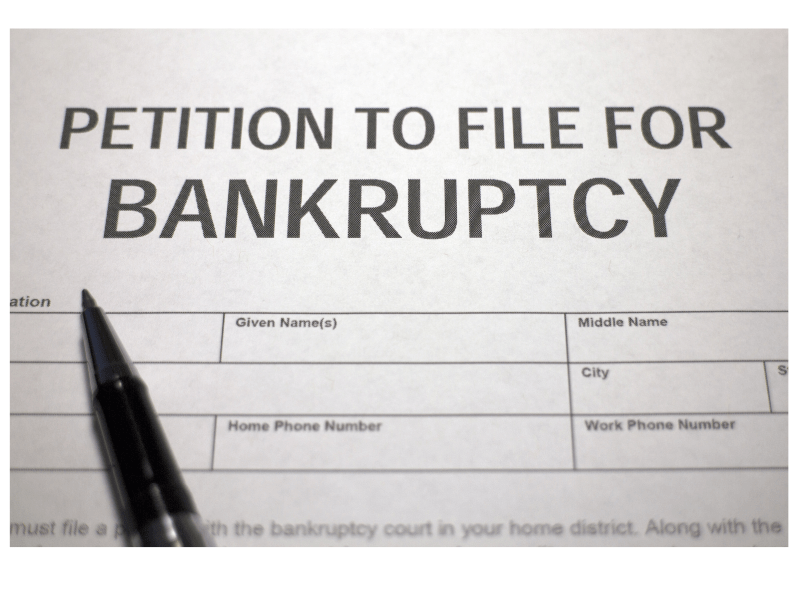3 Most Common Mistakes in Declaring Bankruptcy in South Dakota
Filing for bankruptcy in South Dakota is intended to give debtors a second chance after amassing large debt. Bankruptcy is a difficult legal process, but a good attorney in South Dakota can assist you with the bankruptcy from start to finish. Below are some common mistakes to avoid when going through the bankruptcy process in South Dakota:
 Remain Honest During Bankruptcy
Remain Honest During Bankruptcy
Bankruptcy is a privilege, not a right. Debtors must be completely honest when disclosing their assets. This means that the debtor must not hide assets, must disclose all assets when required, and accurately report their income. Dishonesty may lead to the denial of the bankruptcy discharge or the dismissal of the bankruptcy filing. If you have questions about what assets to disclose, consult a bankruptcy attorney today.
Don’t Go On a Spending Spree
Some debtors spend lavishly right before filing for bankruptcy. The temptation is understandable; if you’re going bankrupt, why not just spend the extra money and discharge it anyway? However, this is fraudulent as the debtor clearly has no intent of paying back the newly incurred debt and is relying on the bankruptcy to clear the debtor of all legal obligations to repay the debt. The bankruptcy court may punish the debtor in several ways. The court may dismiss the bankruptcy filing outright. Creditors may request that the recently incurred debt be non-dischargeable. If you have questions about what to do prior to filing for bankruptcy, be sure to speak with a bankruptcy attorney
Selecting the Wrong Chapter of Bankruptcy
Bankruptcy is divided into different types of processes, also known as “Chapters,” named after their place in the US Bankruptcy Code. There are two basic forms of bankruptcy, Chapter 7 and Chapter 13. Chapter 7 bankruptcy involves liquidation of the debtor’s assets to pay off debts prior to the bankruptcy court discharging the remaining debt. Chapter 13 bankruptcy requires a debtor to come up with a plan to repay their debt before the bankruptcy court will discharge the rest.
Choosing the correct chapter of bankruptcy is critical. Filing for Chapter 13 bankruptcy when you intend to liquidate your assets may be a waste of time and effort. Filing for Chapter 7 bankruptcy when Chapter 13 is beneficial may lead to an unnecessary loss of assets. However, if you start bankruptcy and want to switch to another chapter, the bankruptcy code will allow you to make the switch. You should consult with a bankruptcy attorney before deciding which type of bankruptcy to file.
Do I Need a Bankruptcy Lawyer in South Dakota?
Filing for bankruptcy can have major financial and personal consequences. Bankruptcy requires that the debtor either sell off significant portions of their assets or pay back a portion of their debt before their remaining debt can be discharged. With the advice of a South Dakota bankruptcy lawyer, the benefits may outweigh the costs, but only a lawyer can provide the legal advice to obtain the most advantage from filing for bankruptcy.


Comments